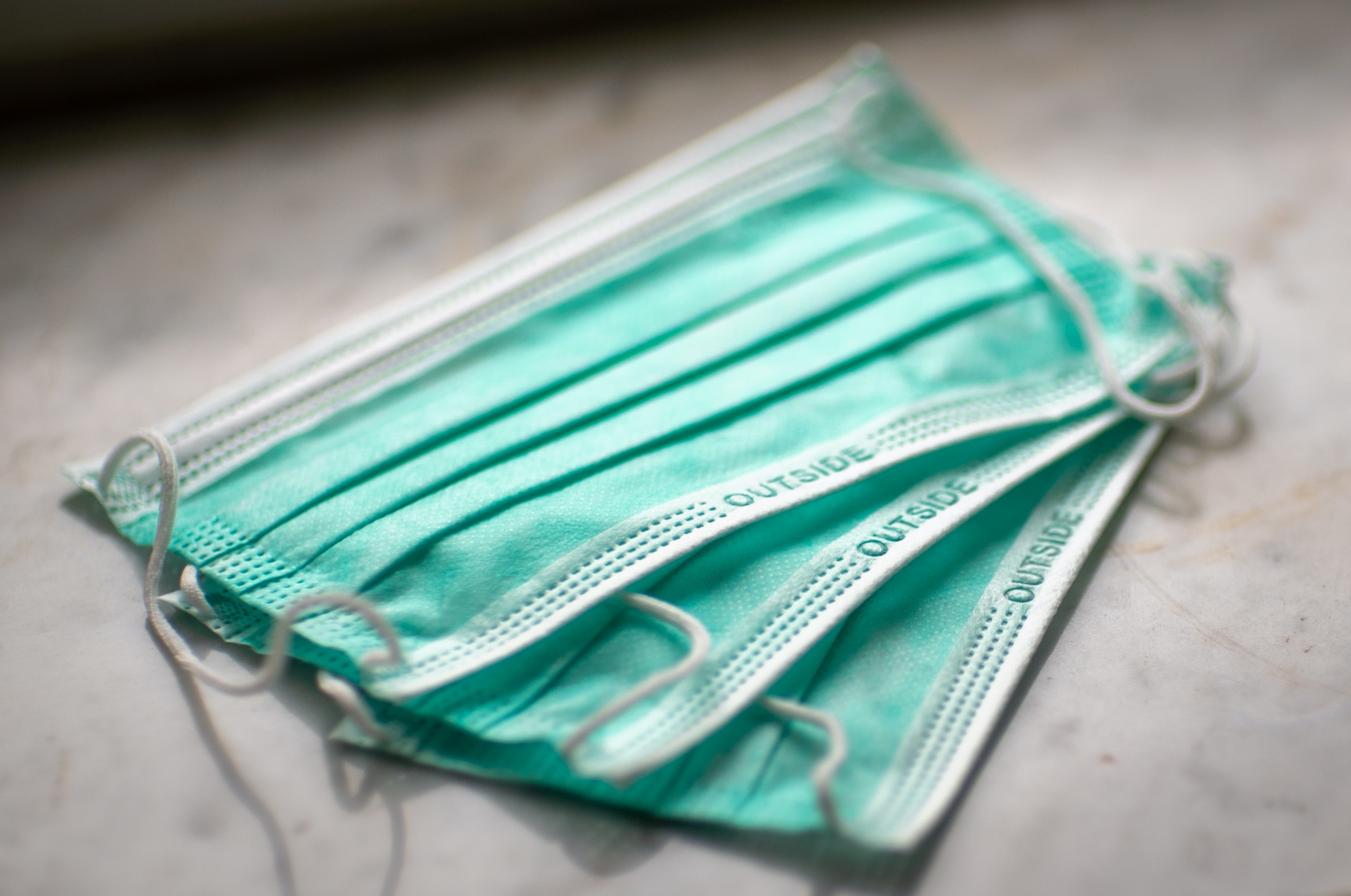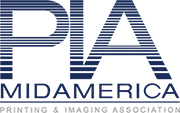
From the desk of Monica Narvaez, a SHRM-SCP-qualified attorney with in-depth experience in both labor and employment law and government regulation.
Is there a “mask” for employers to protect against COVID-19 exposure claims?
Yes! As employers start the process of adapting to the new normal, one question that remains is do we continue to require masks, social distancing, hand washing, etc.? The answer is most likely, because as we have learned over the last year, not all masks protect equally.
In general, there is, as of yet, no federal law protecting or shielding businesses from liability based on claims that an employee contracted COVID-19 at work. Furthermore, the most recent guidance from the CDC for vaccinated individuals has created more confusion as to an employer’s responsibility for policing masks, social distancing, etc., because it would require employers to keep records of employee vaccination status to monitor each employee or require all employees to be vaccinated. Not all employers are willing to take on either option; and each presents its own set of issues.
However, as an initial step, there are protections at the state level which at minimum provide guidance to the courts as to what employer acts will expose it to liability in a COVID-19 lawsuit. These laws will help control the number of COVID-19-related claims, much like what already exists with any “normal” workplace hazard claim brought under OSHA.
Kansas
In 2020, Kansas passed a liability shield law which was set to expire on January 26, 2021. The Governor of Kansas has extended the protection to March 2022. In general, the Kansas law protects a business from civil liability for a COVID-19 claim if the employer was acting “pursuant to and in substantial compliance with public health directives applicable to the activity giving rise to the cause of action when the cause of action accrued.” The Kansas law also specifically points out that in order for an employee to claim worker’s compensation for a COVID-19 exposure, they still must follow the law in place for any other workplace injury claim.
Missouri
Missouri protects employers from liability for an individual’s COVID-19 claim as long as there is no evidence of “intent” to harm. This likely would include evidence that the employer mitigated known hazards and may also include whether the employer disregarded local health guidance.
Oklahoma
Oklahoma protects businesses and individuals from civil liability for exposure, or potential exposure, to COVID-19 so long as the business did not violate its duty of care. This appears to be measured against the federal, state, and local guidance at the time of the alleged exposure. Specifically, guidance in place from the CDC, OSHA, the Oklahoma State Department of Health, and the Oklahoma Department of Commerce.
Texas
Pending legislation to protect business owners, but it has not been enacted yet during this legislative session.
So, what can you do? As you would with any other workplace hazard or issue, stay abreast of the guidance from the federal, state, and local health agencies. Also, monitor the workplace to look for issues such as workers with symptoms reporting for work, or a lack of hand sanitizer in the hand sanitizing station. As with workplace hazard and injury claims in general, any defense will likely come down to the employer’s consistent attention to what regulatory agencies are recommending, but also common-sense measures such as asking employees to wash their hands, cover their mouth when they sneeze or cough, maintain social distance when possible, and wear a mask if required. Employers will also help themselves by documenting their actions, instruction, directives, and/or any other measures that are taken to show the employer’s intent to comply with the law and guidance.
